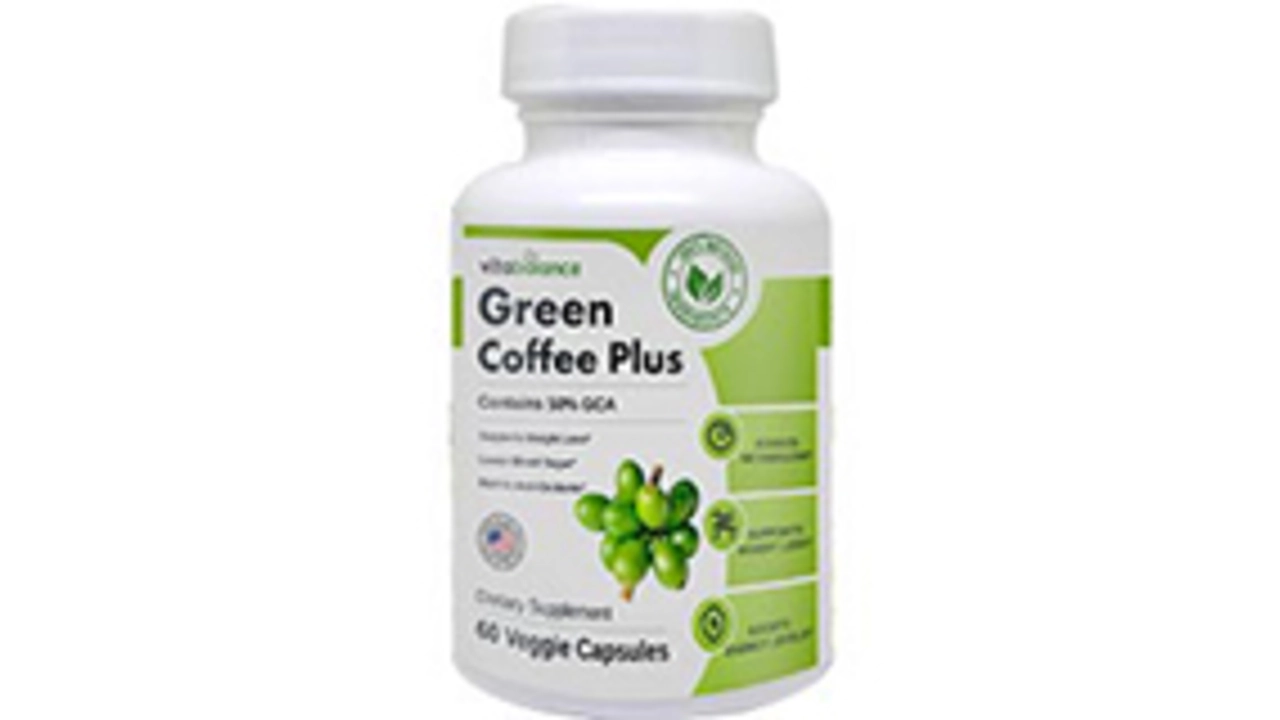Hydrangea Dietary Supplement: Facts, Uses & Practical Tips
Hydrangea supplements have been popping up everywhere lately, promising things like better kidney health and natural inflammation support. But does the hype match reality? If you're curious whether this common garden plant actually packs a punch in supplement form, here's what you should know before adding it to your supplement stack.
Most people don't realize hydrangea root has been used in folk remedies, especially in North America, as a support for the urinary system. You'll see claims about how it might help flush out small kidney stones or soothe urinary irritation. Some even say it helps the body's natural ability to get rid of waste. But—and here's the kicker—scientific research behind these claims is thin. Most of the buzz comes from tradition and word of mouth, not clinical studies.
If you're browsing the supplement aisle, you'll probably spot hydrangea root pills or powders. Companies often highlight its anti-inflammatory properties. They might mention it's rich in plant chemicals called coumarins and saponins, which are thought to play a role in its effects. Still, compared to big-name supplements like turmeric or milk thistle, hydrangea hasn't been studied much in humans. There's little real-world data showing measurable improvements in kidney or urinary health.
What should you actually expect if you give it a try? Hydrangea is usually safe in small, supplement-style doses. Side effects are rare but can include an upset stomach or unusual urine color (sometimes green or blue!). It's definitely not safe to eat the leaves or flowers straight from the plant, since those can be toxic. If you're pregnant, breastfeeding, or have ongoing kidney problems, talk to your doctor first—no exceptions.
Pairing hydrangea with other natural remedies is popular, especially for those looking to boost general kidney wellness. You might see blends that include dandelion, parsley piert, or corn silk. Just remember, while these combos sound great on paper, they aren't a substitute for prescription meds or real medical advice. If you're fighting recurring kidney stones, frequent UTIs, or other serious symptoms, don't mess around—get checked by a professional.
Thinking about buying online? Stick to reputable brands. Avoid any supplement that promises a "kidney cleanse" or "miracle healing"—those are marketing traps. Look for transparent labeling and third-party testing if you want to make sure you're getting what the label claims.
Bottom line: hydrangea dietary supplements are one option among many natural remedies. They could be worth a shot if you're looking for gentle support and understand their limits. But they're not magic. Eat a balanced diet, stay hydrated, keep up with your medical checkups, and always question bold supplement claims. Curiosity is good—just back it up with common sense and a chat with your healthcare provider.
Unlock the Power of Hydrangea Dietary Supplement for a Healthier You!
I recently discovered the amazing benefits of Hydrangea dietary supplements for overall health and wellness. These supplements are packed with antioxidants and anti-inflammatory properties that can boost our immune system and promote a healthier lifestyle. Not only do they aid in detoxifying our bodies, but they also help maintain a healthy blood sugar level and support kidney and bladder health. I've personally felt more energetic and balanced since incorporating Hydrangea supplements into my daily routine. I highly recommend trying out this powerful natural remedy to unlock a healthier you!
